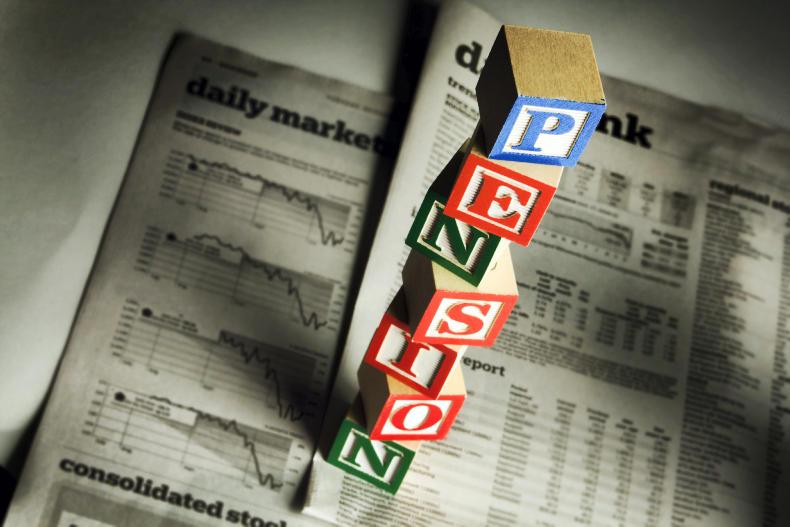The widening spread of the coronavirus across Europe and into the US this week has led to the biggest weekly fall in share values since 1987.
Global stock markets are down 26% from their highs of three weeks ago, prompting fears that we are headed for a global recession.
But what impact has the sharp fall in global stock markets had on your pension?
Firstly, it’s important to point out that anyone in receipt of the State pension should not worry, as your weekly State pension payment is set by the Government and not directly linked to the performance of stock markets.
However, for those who have a private pension, their investment will be affected by the movement in global financial markets.
Head of financial planning at farmer accountancy firm ifac Martin Glennon answers a number of questions that relate to your pension.
What effect has the coronavirus had on pension funds?
Pension funds, clearly, have been affected by these sharp falls in share prices. The extent of the impact will be largely down to the risk level of the fund(s) you are invested in. Most pension funds are invested into a mix of assets, and some may have as little as 20% to 30% invested in stock markets.
A key point to note is that stock market returns over the last 10 years have been very good to investors. Despite the sudden drop this week, the S&P 500 has grown by 7.8% per annum. Since August 2016, the S&P 500 has returned 8.2% per annum. Remember, sharp drops make the news, steady growth doesn’t.
Will this affect my State pension?
State pensions should be okay. In the last day, we’ve seen a big relaxation of Central Bank rules with increased stimulus. The European Central Bank (ECB) announced on Friday it would increase its bond buying programme from €20bn per month to €33bn per month.
So that’s an additional €13bn every month for governments to fund pensions and keep money flowing through the system.
Could things get worse?
Stock markets hate uncertainty and not knowing what’s coming down the line. That uncertainty has driven much of the falls in share prices this week.
Some feel that it will be harder to control the virus in western economies (compared to China).
It’s still too early to gauge the effect the coronavirus will have on businesses. Firms will be stretched financially, which could lead to job losses or closures.
Conversely, history has shown that this type of sharp sell-off involves a heavy dose of fear and an over-reaction by investors.
Central banks have cut interest rates and governments are providing significant fiscal supports. So, yes, prices could fall further, but it is also possible that the worst has been priced in.
How long could this last?
Confidence levels that the virus is being contained will be key. If the number of cases being identified daily starts to reduce, then fear levels should subside and normal stock market valuations return.
Is there an opportunity here?
Unless you are approaching retirement age, a pension investor should see themselves as a buyer of assets. As such, you want a reduction in the price you are paying for these assets. You want more for your money. The sudden drop in stock market prices provides a discount.










SHARING OPTIONS